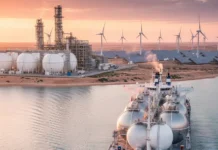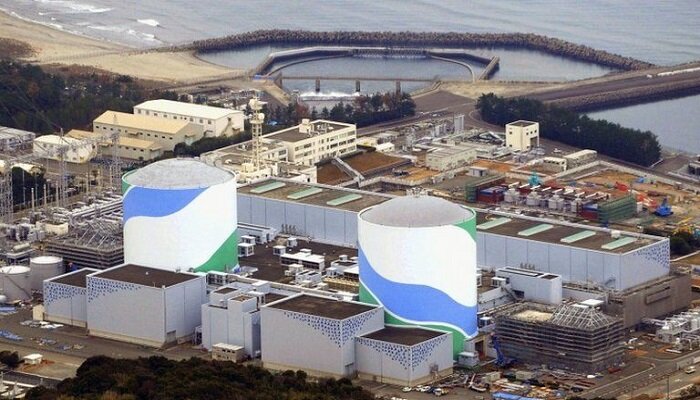To fulfill its energy needs, Japan aims to restart seven idle nuclear plants this year and to begin construction on a new fleet of cutting-edge reactors.The decision was made in response to increased energy prices and a push to achieve net zero carbon targets.
The Green Transformation Executive Committee, which was established by the government to supervise the nation’s efforts to combat climate change, has expanded on the plan that was first presented last summer.
A 10-year road map was presented at a conference on December 22 and it included ideas for a nuclear rebirth.
Following the Fukushima Daiichi catastrophe in 2011, all 33 of the nation’s reactors were shut down for safety assessments. According to the Japan Times, nine were subsequently reactivated and are now meeting 10% of demand, down from 33% prior to the tragedy. The Nuclear Regulation Authority has given its approval for the government’s proposal to put seven more into operation by the end of the summer.
If safety can be ensured, Prime Minister Fumio Kishida stated in August that Japan should think about developing nuclear reactors of the next generation and extending the lifespan of its current fleet beyond its 40-year design lifespan. By 2030, it is anticipated to provide up to 22% of the nation’s electricity from nuclear sources.
By 2030, Japan wants to reduce carbon emissions by 46% and become carbon neutral by 2050. Japan promised to contribute $60 billion annually between 2021 and 2025 to address the climate disaster during the G7 conference in 2021. In order to reduce the nation’s reliance on coal-fired power plants, which currently produce about a third of its electricity, nuclear is considered as crucial. At the moment, Japan is the sixth largest coal consumer in the world, importing over 200 million tonnes annually, primarily from Australia and Indonesia.











































